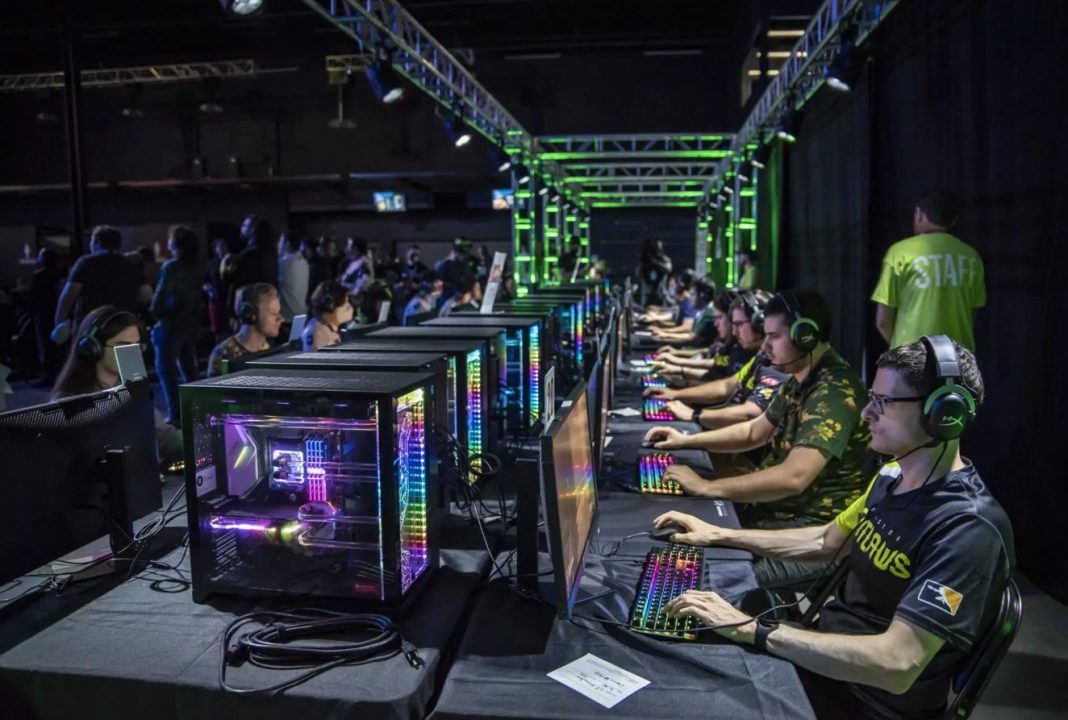On Monday, European Union authorities gave Microsoft’s $69 billion attempt to acquire video game developer Activision Blizzard a boost, making it the biggest consumer tech merger in two decades.
After Microsoft, producer of the Xbox platform, made concessions to assure that competitor providers of new online gaming services would continue to have access to games created by Activision, including the massively popular Call of Duty, European Union regulators announced they would allow the agreement to go through.
Nevertheless, the megamerger still has several hurdles to jump over before it can be approved by authorities across the globe who are wary of the growing dominance of the internet sector. The merger between Xbox and the corporation responsible for the Call of Duty brand has been blocked by authorities in both the United States and the United Kingdom in recent months on the grounds that it would hurt competition. Microsoft is actively resisting both measures.
The transaction has exposed disagreements among authorities about how to limit the influence of the world’s largest technology firms.
Some critics of the deal have pointed to the rise of “cloud gaming,” a new technology that allows users to stream games on smartphones, tablets, and other devices, thereby possibly negating the need for dedicated gaming gear like consoles. American and British authorities claimed that Microsoft’s acquisition of Activision will damage the nascent but lucrative action video game market. Microsoft’s 10-year promise that Activision games will be playable on cloud gaming services established by other businesses like Nvidia was enough to win over the European Commission, the governing body for the 27-nation EU.
Because the cloud gaming business is still so tiny, European Union officials claimed they were able to negotiate compromises with Microsoft that made the arrangement possible. The authorities predicted that the new technology would get a boost from the availability of several Activision games that are presently inaccessible on smaller cloud gaming providers.
Since Microsoft would have no motive to restrict competitors like the Sony PlayStation access to Activision games, the European Commission ruled that the acquisition would not impair the console market. PlayStation dominates the European Union video game market, while Xbox is far behind.
This agreement highlights the challenges of coordinating international efforts to control the rapidly developing technology sector. Politicians on both sides of the Atlantic are worried about the dominance of the IT sector, but they disagree on how and when to interfere.
On this situation, European authorities seem to be more lenient than their American counterparts, as seen by Monday’s decision. Under Margrethe Vestager’s leadership, European antitrust authorities have been aggressively going after large internet corporations like Google for years, imposing billions of dollars in penalties and requiring modifications to specific business practises. Next year, a new legislation will go into force in the European Union that will increase competition supervision of the largest digital giants.
However, it is the United States in this case that is adopting the harder line. Chairwoman of the Federal Trade Commission Lina Khan has made opposing mergers a priority in her effort to reign in digital behemoths. In December, the F.T.C. filed a lawsuit to prevent Microsoft from acquiring Activision on the grounds that it would be bad for consumers and drive gamers to Microsoft’s competitors. Concerns that the purchase might hurt the cloud gaming sector led authorities in Britain to reject it a month ago.
Microsoft will have too much sway over the terms and conditions of the cloud gaming business for the next decade, according to Sarah Cardell, chief executive of Britain’s antitrust regulator, the Competition and Markets Authority.
With Brussels’s approval, Microsoft and Activision will be facing a complex legal chessboard on which they have few further plays. The deal’s future is now very much dependent on the courts in the United States and Britain.
If Microsoft were to guarantee access to Activision games, the two firms would need to demonstrate that the contract would not inhibit competition. British courts are less likely to reject decisions made by the Competition and Markets Authority than their American counterparts, despite the fact that American courts have shown a greater willingness to overturn government antitrust measures.
Due to the globalised and linked nature of the video game business and the technologies it utilises, a loss in either nation may spell the end of the contract.

